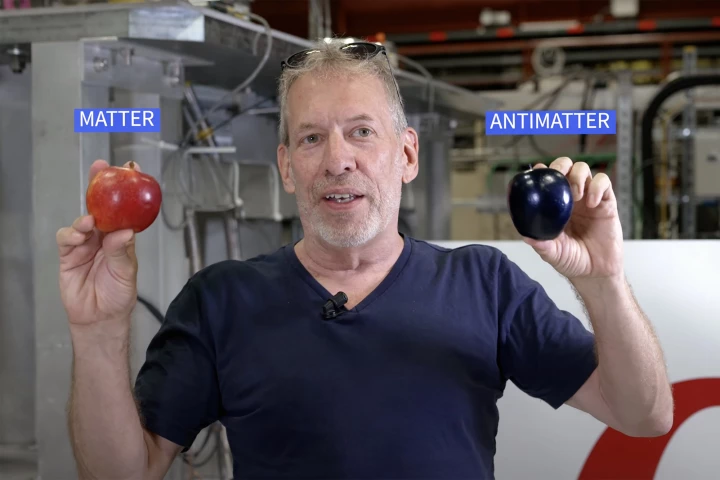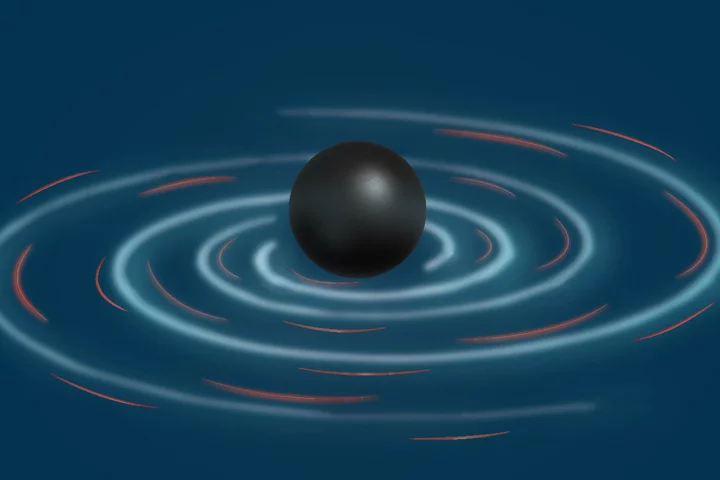Gravity
-
China is now home to the world's most powerful centrifuge capable of creating artificial gravity. This facility will enable a range of experiments to help make sense of scientific phenomena, simulate geological events, and test new materials.
-
Scientists have developed the most accurate atomic clock – if you ran it for twice the current age of the universe, it would only be off by one second. This could not only improve services like GPS, but help scientists probe how gravity affects time.
-
Despite a century of searching, dark matter remains a no-show. A new paper proposes an alternative hypothesis, showing how gravity could exist without mass and produce many of the same effects we ascribe to dark matter.
-
The designer of the world's tallest building, SOM, has joined forces with Energy Vault Holdings to investigate the possibility of creating huge skyscrapers that would function as gigantic gravity based energy storage systems.
-
The weak gravitational pull on a particle just half the mass of a grain of sand has been measured for the first time. This most precise measurement of its kind is a breakthrough towards the quantum realm and a potential Theory of Everything.
-
A unified Theory Of Everything is the holy grail of physics, but gravity refuses to play ball. A newly proposed theory attempts to unify Einstein’s theory of gravity with quantum mechanics – and importantly, outlines a way to test it experimentally.
-
One of the biggest cosmological mysteries centers on a discrepancy in how fast the universe is expanding. A new study comes to an intriguing solution by applying a modified theory of gravity and an unsettling “supervoid” that our galaxy resides in.
-
Scientists have manipulated light as though it was being influenced by gravity. By carefully distorting a photonic crystal, the team was able to invoke “pseudogravity” to bend a beam of light, which could have useful applications in optics systems.
-
Our solar system officially houses eight planets, but some scientists say there could be a ninth hiding on the fringes. Now, a new study has found the oddities could be explained by modified theories of gravity, an alternative idea to dark matter.
-
Gravity's effect on antimatter has been a point of disagreement between physicists. New research may have settled the debate by finding that antimatter is affected by gravity in the same way as matter, ruling out the existence of repulsive 'antigravity.'
-
The cosmos is full of surprises. Now astronomers have discovered a “heartbreak” star system where tidal waves, three times taller than the Sun, rise and crash on the surface of a giant star thanks to the motions of a smaller companion star.
-
Gravity is the only fundamental force that can’t currently be explained by quantum physics. Now scientists have outlined a plan to look for signs of quantum gravity out in the cosmos by listening in to the 'ringing' of colliding black holes.
Load More











